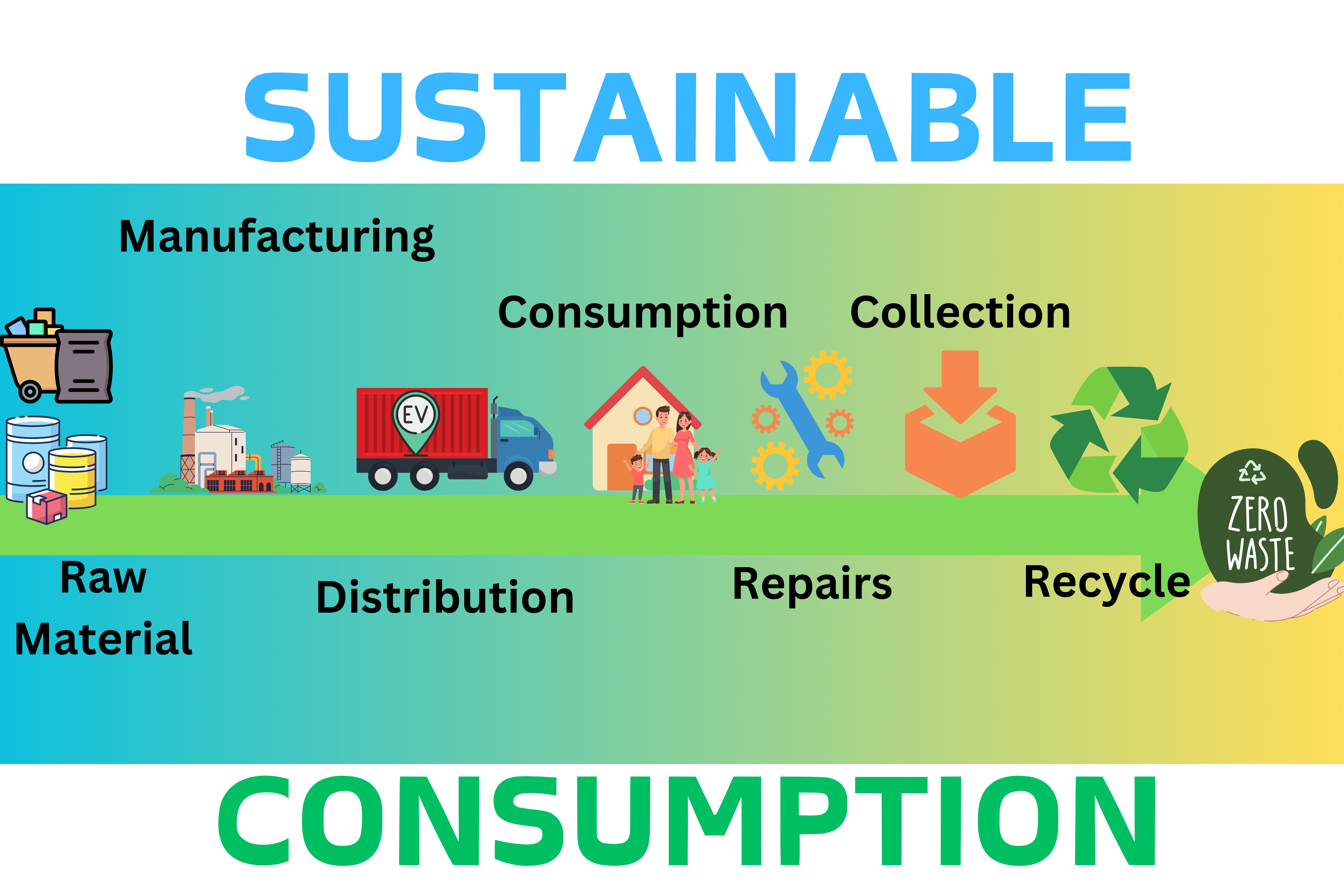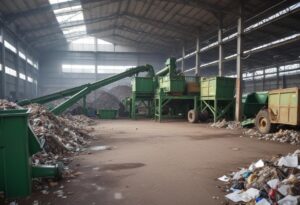The Tightrope Walk: Sustainable Consumption in a Developing Nation
The concept of sustainable consumption – using resources mindfully to ensure future generations inherit a healthy planet – is an ethical imperative on a global scale. However, for developing nations, this ideal presents a complex ethical dilemma. While environmental responsibility is crucial, it often clashes with the immediate needs of poverty alleviation and economic growth. Striking a balance between these competing priorities requires a nuanced approach that acknowledges the unique challenges faced by these countries.
The Desire for Progress
Developing nations are often rich in natural resources, but the path to economic development frequently involves exploiting these very resources. Mining, logging, and intensive agriculture provide jobs, generate revenue for infrastructure development, and elevate living standards. However, such practices often come at a heavy environmental cost. Deforestation contributes to climate change and biodiversity loss, while resource extraction can lead to land degradation and pollution.
The Price of Poverty
Poverty further complicates this ethical dilemma. In a struggle for basic necessities like food, shelter, and healthcare, environmental concerns often take a back seat. For example, a family living below the poverty line might prioritize buying cheap, energy-inefficient appliances over more expensive, sustainable options. Similarly, small-scale farmers may use harmful pesticides or slash and burn techniques to maximize yields, simply to ensure they have enough to feed their families.
The Unequal Burden
Developed nations have a significant role to play in this ethical tightrope walk. The historical and ongoing overconsumption of resources by developed countries has contributed significantly to the environmental crisis we face today. A 2020 report by the World Inequality Lab found that the richest 1% of the global population was responsible for more than double the CO2 emissions of the poorest 50% combined. Furthermore, much of the environmental damage caused by developing nations is driven by global demand for cheap goods produced with lax environmental regulations.
Finding a Sustainable Path
So, where do we go from here? There are no easy answers, but several key strategies can help developing nations navigate this ethical dilemma.
1. Investment in Green Infrastructure: Developed nations can play a crucial role by supporting the development of sustainable infrastructure in developing countries. This includes funding for renewable energy projects, clean water and sanitation systems, and sustainable transportation networks. Such investments not only address environmental concerns but also promote economic growth by creating new jobs and industries.
2. Technology Transfer: Developed nations must share their knowledge and technology for clean and efficient resource extraction and utilization. This could involve providing technical assistance and training on sustainable farming practices, improved mining techniques that minimize environmental impact, and the development of recycling and waste management programs.
3. Fair Trade and Sustainable Pricing: The global trade system often disadvantages developing nations. Promoting fair trade practices that ensure fair compensation for producers of sustainable goods can incentivize environmentally friendly practices. Similarly, developed nations can implement policies that encourage responsible consumption – taxing environmentally harmful products and subsidizing sustainable alternatives.
4. Education and Awareness: Education is key to bridging the gap between immediate needs and long-term sustainability. Developing nations need to invest in environmental education programs that raise awareness of the consequences of unsustainable practices and empower communities to make informed choices. Consumers in developing countries, just like those in developed nations, need to understand the environmental impact of their choices and be given access to affordable and readily available sustainable options.
Individual Responsibility
While international cooperation and systemic change are essential, individuals in developing nations also have a role to play. Shifting towards sustainable consumption practices can start with small changes – repairing clothes instead of discarding them, opting for local, seasonal produce, and conserving water and energy. As economic situations improve, individuals can prioritize durable, energy-efficient products over cheaper, disposable ones.
The Road Ahead
Sustainable consumption in developing nations is not a luxury; it is a necessity. Finding a way to balance environmental responsibility with economic development is a complex challenge, but it is not insurmountable. Through international cooperation, technology transfer, fair trade practices, and public education, we can help developing nations walk the tightrope towards a sustainable future. Developed nations must take responsibility for their historical role in environmental degradation and work in partnership with developing nations to ensure a more equitable and sustainable future for all.
Remember, this is a complex issue with no one-size-fits-all solution. By fostering dialogue, promoting innovation, and working collaboratively, we can chart a path towards a world where environmental responsibility and economic prosperity go hand-in-hand.
- Fur-Ever Friends Boutique: Tail-Wagging Treasures
- Critter Comforts and Beyond: Exploring the Expansive World of Pet Shops
- Paws, Claws, and Beyond: Navigating the Vast Realm of Pet Store Wonders




